Buying ETFs in Canada Tool: The MoneySense ETF Screener
Which ETFs should you invest in? Which ones best suit your risk tolerance? What about personal ethics? Check out...
Advertisement

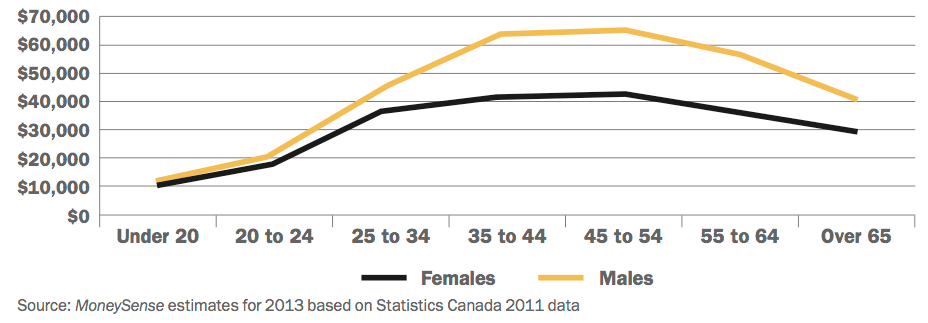
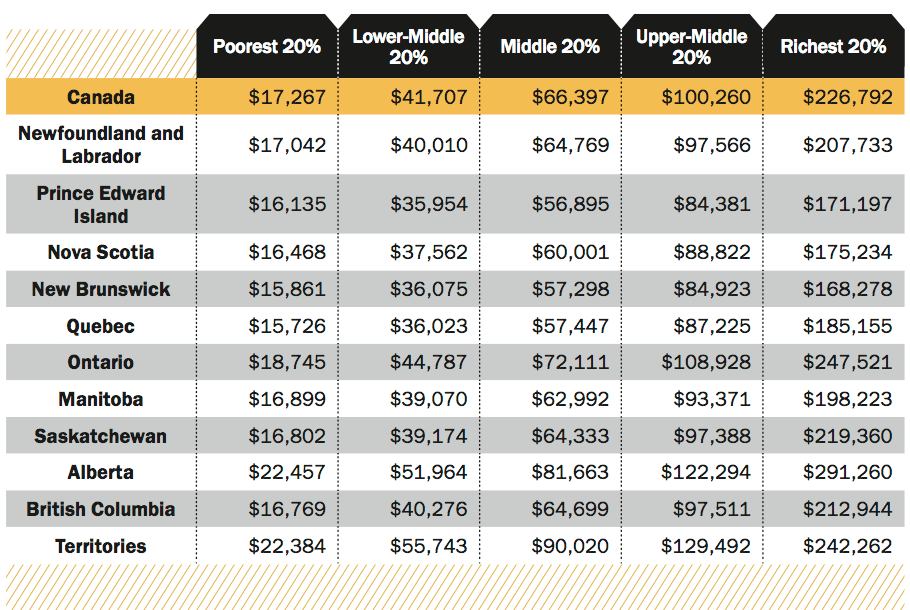
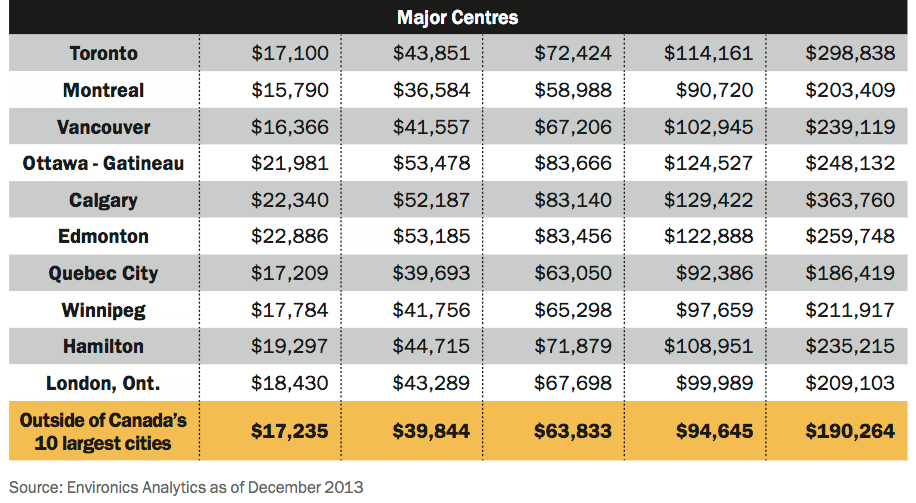


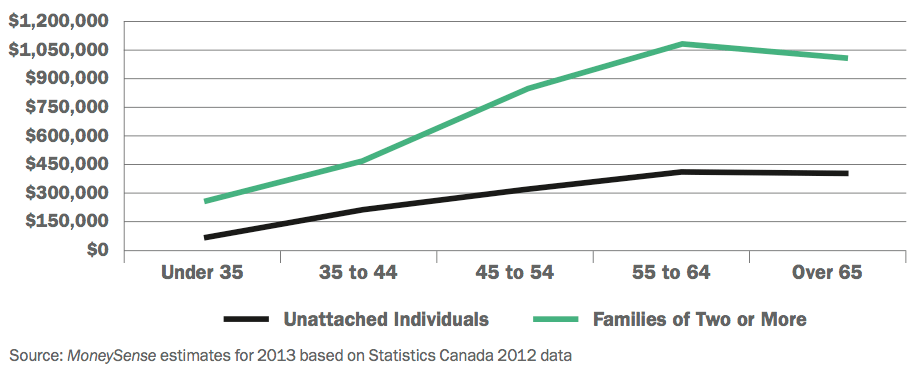
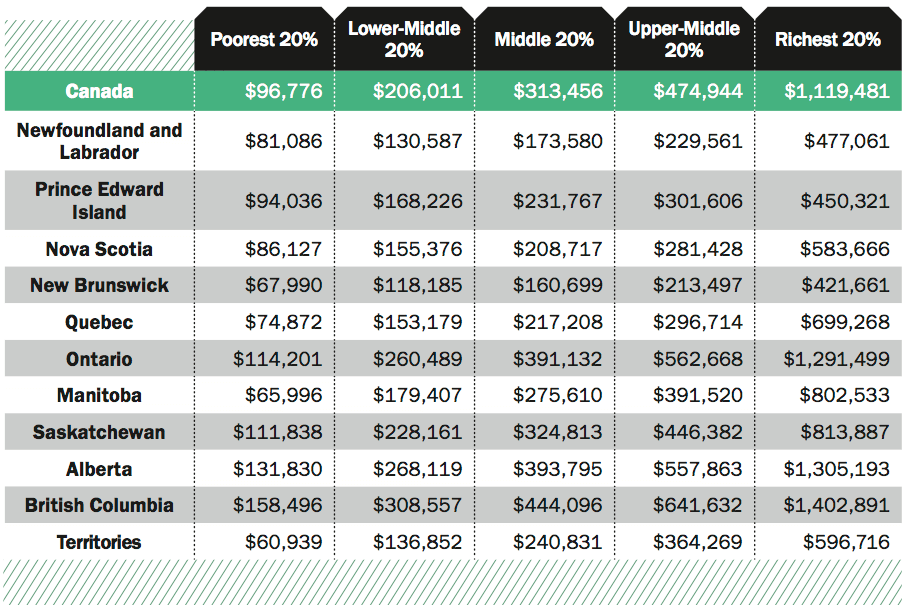
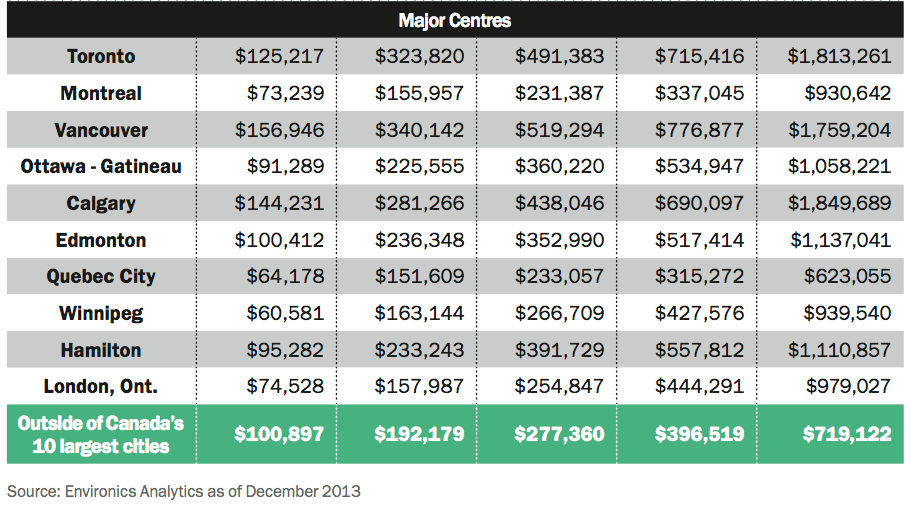
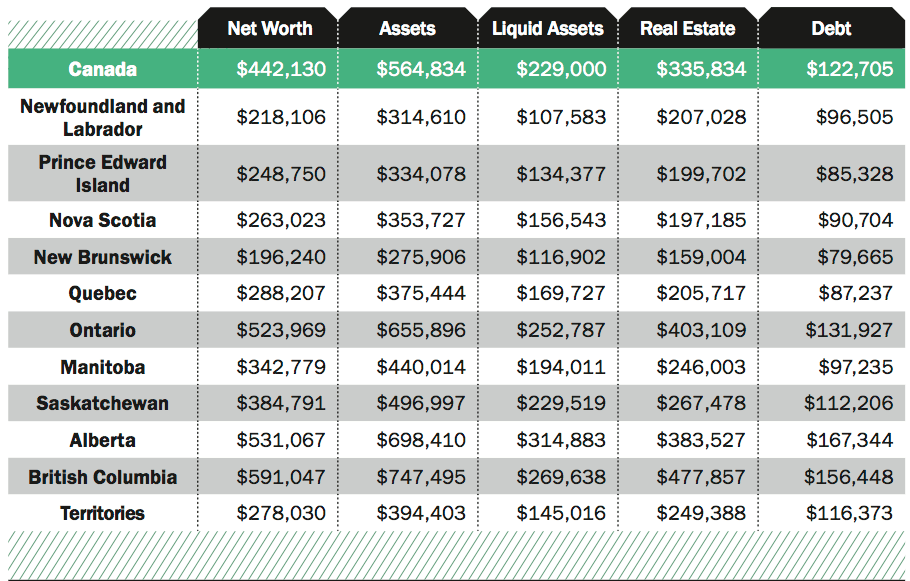
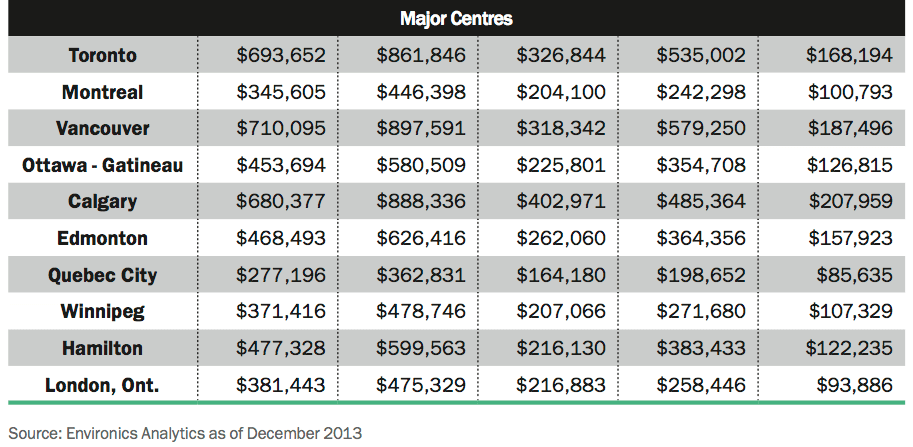
Share this article Share on Facebook Share on Twitter Share on Linkedin Share on Reddit Share on Email